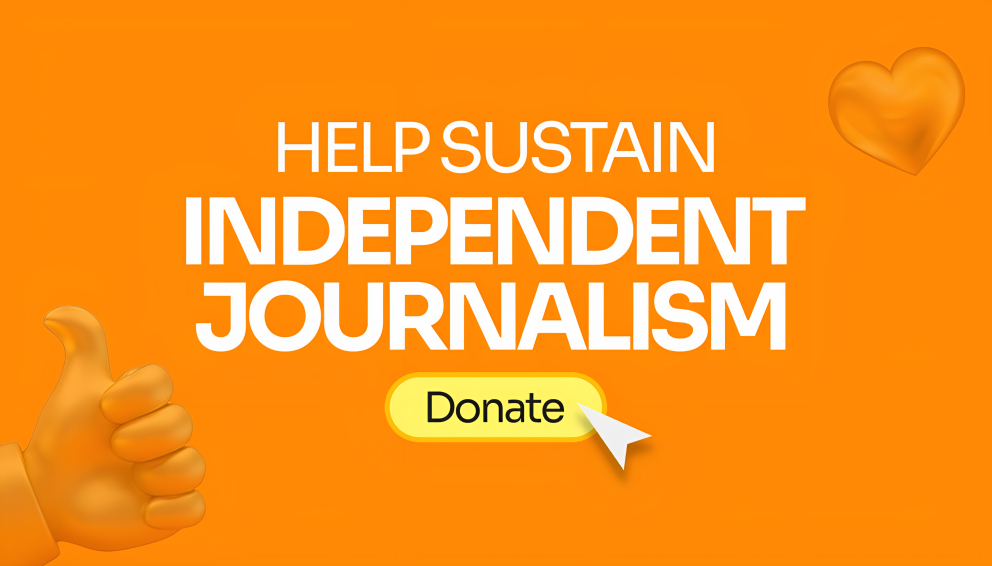The Imo Charter of Equity was established to ensure fair representation and inclusion among the three geopolitical zones: Owerri, Okigwe, and Orlu.
Its essence is rooted in fostering unity and reducing political tensions.
Declaring it “dead” dismisses the aspirations of marginalized zones and undermines the collective progress of the State
The Charter’s misuse during local government elections should not be conflated with its validity. A lack of enforcement mechanisms or political will from leaders does not invalidate the principles of equity, fairness, and balance the charter embodies.
The problem lies with leadership failures, not the charter itself.Owerri Zone’s quest for the governorship in 2027 is not based on entitlement but on equity and the rotational agreement among the zones.
Discarding the charter would perpetuate a cycle of dominance by Orlu Zone, which has already held the governorship for more than 20 years, leaving Owerri and Okigwe zones underrepresented.
The absence of a guiding framework like the Charter of Equity risks deepening political divisions and marginalizing zones without the political muscle of Orlu. This scenario would breed resentment and instability, which are counterproductive.
Nwachukwu acknowledges Orlu Zone’s history of dominating gubernatorial positions yet downplays the implications. If Owerri and Okigwe zones are pitted against each other without the charter as a guide, Orlu could once again exploit this disunity to retain power, further skewing political equity.
Historically, States that fail to implement power-sharing frameworks often experience political instability. This could be reason why all the South East States, except Imo, adhere to zoning the governorship positions. To ensure political stability, harmony, equity and cohesion among the zones.
A revived and enforceable Imo Charter of Equity would provide a predictable roadmap to rotate the governorship among the three zones. This would foster trust and cooperation among the three zones.
Equity is a cornerstone of democracy. The Imo Charter of Equity embodies this principle, ensuring that power does not remain concentrated in one zone. Discarding it contradicts the democratic ideals of inclusion and fairness.
By suggesting that Owerri Zone’s governorship aspirations must depend on resources and political networks alone, Nwachukwu reduces the process to one of power plays and financial muscle. This approach diminishes the role of values and principles in choosing a governor.
Nwachukwu’s argument that the charter’s failure in local government elections invalidates it at the state level is misplaced. Local arrangements may face challenges, but these are isolated and should not overshadow the broader benefits of equity at the state level.
Orlu Zone’s political dominance has historically been bolstered by the absence of enforceable equity principles. Abandoning the charter would enable this monopoly to persist unchallenged, to the detriment of the growth and development of the State.
While collaboration between Owerri and Okigwe zones is essential, it does not negate the need for a guiding equity framework. The charter provides the moral and structural backbone for these collaborations to succeed without undermining fairness.
Instead of dismissing the charter, efforts should focus on strengthening its implementation mechanisms. This would involve securing commitments from political actors and creating monitoring systems.
The citizens of Imo State, particularly those from marginalized zones, see the Charter of Equity as a beacon of hope for fair representation.
Dismissing it would betray their trust and further alienate them from governance of the State.Leaders must prioritize the people’s aspirations over political expediency.
The Imo Charter of Equity is not “dead.” It is a valuable instrument that has been mismanaged and neglected but remains a crucial tool for promoting fairness and inclusivity in Imo State.
Rather than abandoning it, stakeholders must work collectively to enforce the charter, ensuring it fulfills its purpose of equitable power distribution.
Disregarding it would only perpetuate inequality and deepen divisions, which the state can ill afford.
Okwu, is the President, Owerri Zone Awareness Coalition

